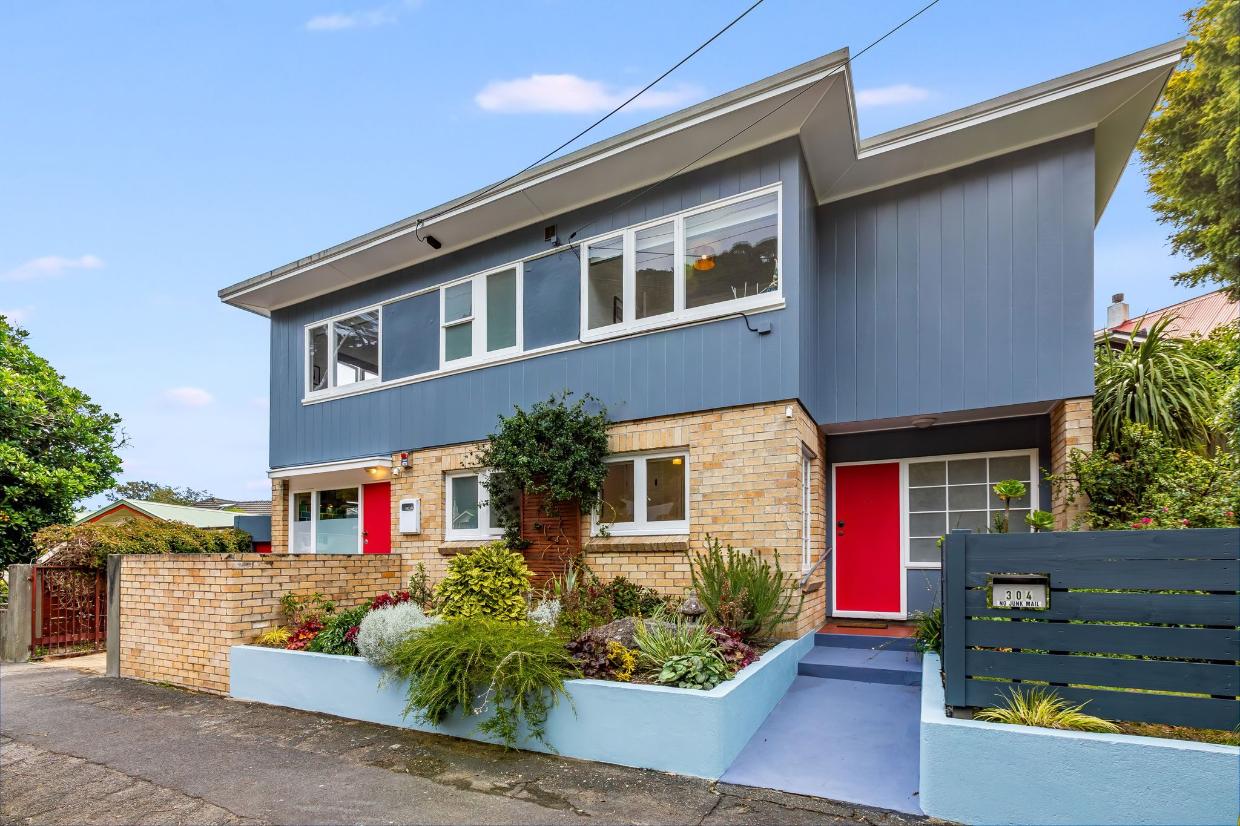Buying guide
Loan to value ratios | Guide to LVR restrictions in NZ
What exactly does LVR mean and how could it affect your home loan?

What does LVR mean?
What are LVR restrictions?
Current LVR restrictions in NZ
Owner occupiers
Investors
You may be able to gte a high LVR loan but chances are you will pay extra for it.
Exemptions to the LVR rules
High LVR borrowing
New builds
First Home Loans
Bridging Loans
Remediation
Refinancing
High LVR borrowing can be risky.
How could LVR restrictions affect you?
Getting professional advice to work with LVRs
Author
Search
Other articles you might like


-fotor-20240902151825.jpg)





